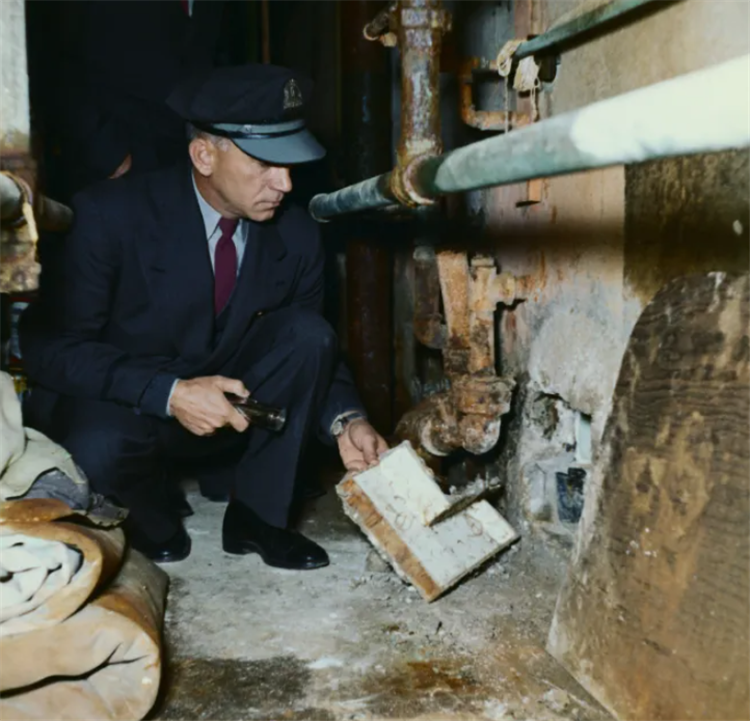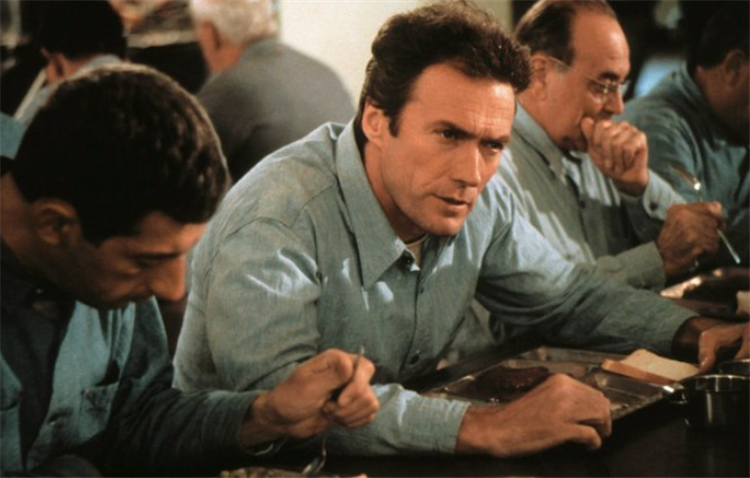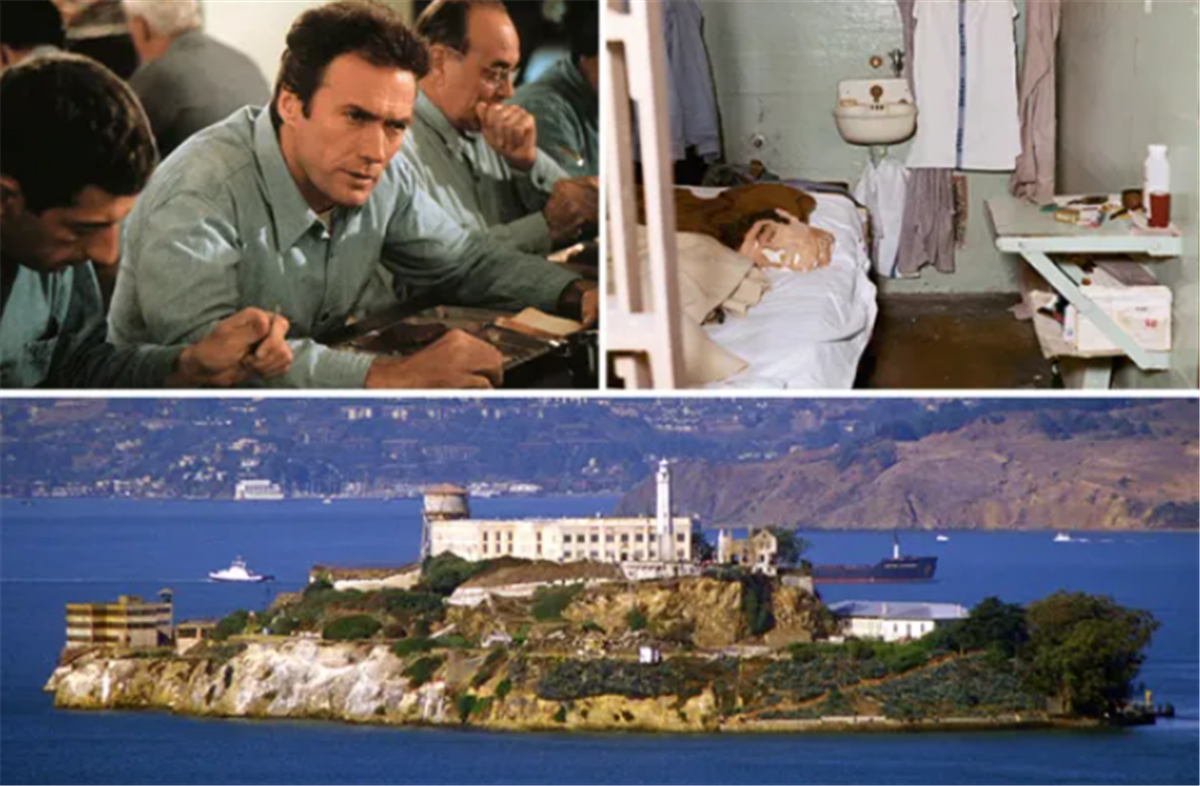TWO prisoners went on the run in November after escaping from Pentonville prison in north London – copying a plan straight out of prison folk lore.
The Ministry of Justice confirmed the two inmates escaped from the Victorian jail after reportedly fooling prison officers by putting mannequins in their beds.
One of the two runaways, Matthew Baker, was arrested after three days on the run when he was found at an address in Ilford, east London.
The violent criminal, who has been jailed for life following his recapture for a trying to murder a stranger, had taunted his enemies with sick threats in the days leading up to the breakout.
His co-conspirator James Whitlock was also eventually detained by police after being found in Hackney, also in east London.
The prisoners escaped using diamond-tipped cutting equipment to cut through cell bars before scaling an outside wall.
Their audacious escape plan mirrors that of the infamous Escape from Alcatraz – later immortalised in a Hollywood movie starring screen legend Clint Eastwood.
Was the Pentonville Prison escape inspired by Alcatraz movie?

Possibly. The June 1962 Alcatraz escape may have been the only successful escape from Alcatraz Federal Penitentiary in history.
On the night of June 11 or early morning of June 12, inmates Clarence Anglin, John Anglin and Frank Morris tucked papier-mache heads resembling their own likenesses into their beds.
Using smuggled chicken wire, plaster, soap and toilet paper, they each made a lifelike fake head, which they painted with prisoner art kits and covered with real human hair smuggled in from the barber shop.
They used prison-issue spoons to dig through walls at the jail – which had crumbled over time because of the sea air.
West was assigned the task of making paddles out of scraps of wood, and gluing together sheets of rubber from raincoats to make life-vests for all of them.
To make the rafts, Morris made deals with other inmates to obtain over 50 rubber raincoats and a supply of waterproof glue from the prison workshop
A musical accordion was modified to make an air pump that could be used to inflate the raft and the life-vests.
Hundreds of leads have been pursued by the FBI and local law enforcement officials in the ensuing years, but no conclusive evidence has ever surfaced favouring the success or failure of the attempt.
The escape bid has gone down in prison folk lore.
Is the movie based on the original incident?
Pretty much so. The 1979 film ‘Escape from Alcatraz’ directed by Don Siegel and starring Clint Eastwood is an adaptation of the 1963 non-fiction book of the same name by by J. Campbell Bruce and dramatises the 1962 escape.
The film stars Eastwood, Jack Thibeau and Fred Ward as Morris and the Anglin brothers.
Escape from Alcatraz marked the fifth and final collaboration between Siegel and Eastwood
Why is Alcatraz so famous?

Alcatraz Island is a 25-acre island located 1 ¼ mile from San Francisco. The Island was designated in 1933 by the Federal Bureau of Prisons to be a maximum security prison, called Alcatraz.
It housed notorious and dangerous criminals such as Al Capone, George “Machine Gun” Kelly, and Robert Franklin Stroud, better know as the ‘Birdman of Alcatraz.’
Prison authorities considered Alcatraz island to be “escape-proof”, pointing out that the water was cold enough to kill a submerged man in less than half an hour, the nearest land was a mile and a half away, and the tidal currents were very strong in the channels.
The prison also encouraged the belief in the prisoners that San Francisco Bay was inhabited by sharks, but in reality the only sharks in the area are small bottom-feeders that are harmless to people.
The real dangers for potential escapees were the cold water and the currents.
Why did the island prison finally close?
Because the penitentiary cost much more to operate than other prisons (nearly $10 per prisoner per day, as opposed to $3 per prisoner per day elsewhere), and half a century of salt water had severely eroded the buildings.
The penitentiary finally closed on March 21, 1963.
In addition, citizens were increasingly protesting the environmental effects of sewage released into San Francisco Bay from the approximately 250 inmates and 60 Bureau of Prisons families on the island.
It is now a highly-popular tourist attraction.
